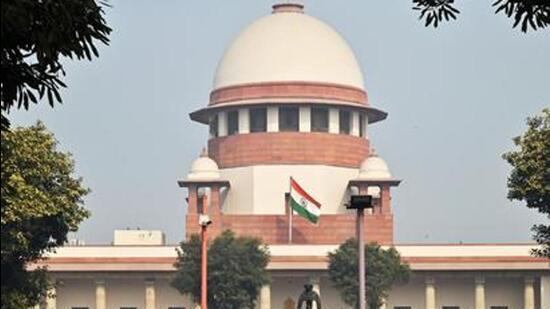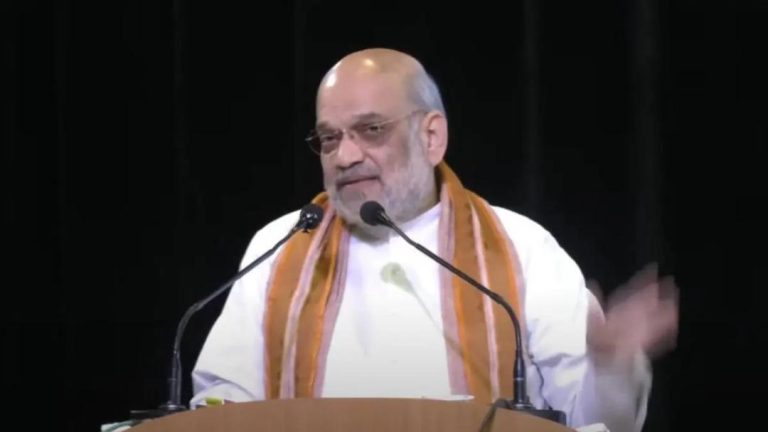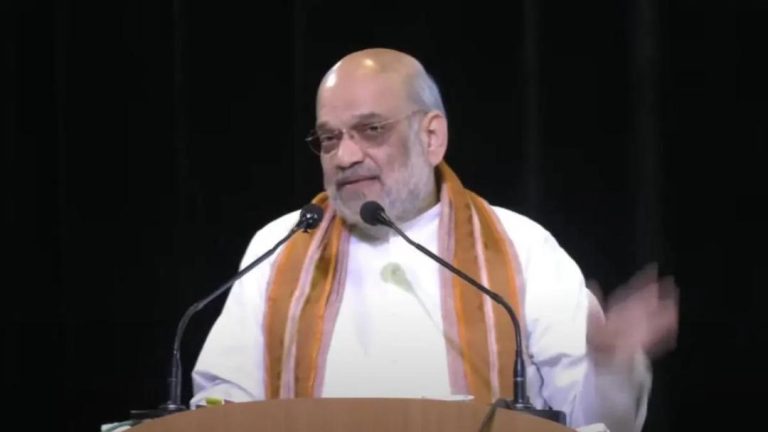
Calling someone ‘Miyan-Tiyan’ & ‘Pakistani’ not an offence: Supreme Court
In a recent ruling, the Supreme Court of India has clarified that using derogatory terms such as “Miyan-Tiyan” and “Pakistani” may be in poor taste, but it does not constitute a criminal offence. This decision has sparked a heated debate about the limits of free speech and the sensitivity required when interacting with people from different backgrounds.
The case that led to this ruling involved an 80-year-old man who was accused of hurling abuses at an Urdu translator in Jharkhand. The translator, who was translating a speech for the elderly man, claimed that he was targeted with derogatory remarks, including being called “Miyan-Tiyan” and “Pakistani”. The matter was taken to court, and the Supreme Court ultimately decided to close the case, ruling that the remarks did not amount to hurting the religious sentiments of the translator.
While the Supreme Court’s decision may seem lenient, it is essential to understand the context and nuances surrounding the use of these terms. “Miyan-Tiyan” is a derogatory term used to belittle someone’s intelligence or supposed lack of education, while “Pakistani” is often used as a slur to imply that someone is inferior or less deserving of respect.
In today’s increasingly polarized society, it is crucial that we recognize the impact of our words on others. Using derogatory terms like “Miyan-Tiyan” and “Pakistani” can be hurtful and offensive, regardless of whether or not they are intended to be. These words can evoke feelings of marginalization, exclusion, and even fear in those who are targeted.
So, why did the Supreme Court decide not to prosecute the 80-year-old man? The court’s reasoning was that the remarks, although perceived as derogatory, did not meet the legal threshold for hurting religious sentiments. The court emphasized that the Constitution guarantees freedom of speech, but this freedom is not absolute and must be exercised responsibly.
In an increasingly divided society, it is essential that we learn to communicate effectively and respectfully with people from diverse backgrounds. We must recognize that words have power and can have a lasting impact on individuals and communities. As the Supreme Court’s decision highlights, using derogatory terms like “Miyan-Tiyan” and “Pakistani” may not be illegal, but they are certainly not acceptable.
So, what can we do to promote greater understanding and respect in our society? First and foremost, we must recognize the importance of empathy and compassion. We must strive to put ourselves in others’ shoes and understand their experiences and perspectives. This requires active listening, open-mindedness, and a willingness to learn from others.
Secondly, we must promote education and awareness about the impact of our words. We must teach children and adults alike about the importance of respectful communication and the harm that derogatory language can cause. This can be achieved through workshops, community programs, and inclusive education initiatives.
Finally, we must hold ourselves and others accountable for our words and actions. We must recognize that using derogatory terms like “Miyan-Tiyan” and “Pakistani” is not only hurtful but also perpetuates harmful stereotypes and biases. We must challenge ourselves and others to think critically about the language we use and the impact it has on others.
In conclusion, while the Supreme Court’s decision may seem lenient, it is essential to recognize that using derogatory terms like “Miyan-Tiyan” and “Pakistani” is not acceptable. We must promote greater understanding, empathy, and respect in our society, and we must hold ourselves and others accountable for our words and actions. By doing so, we can create a more inclusive and compassionate society where everyone feels valued and respected.





